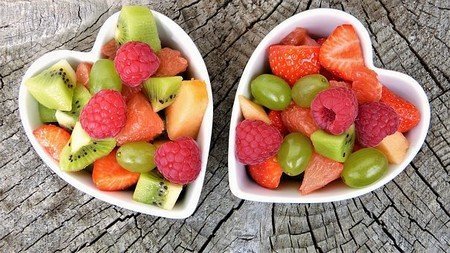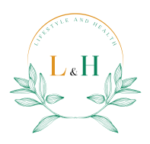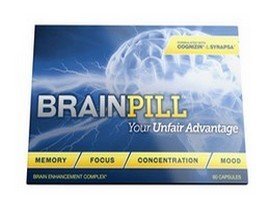Best Nutrition Diets for Vegetarians
If you are vegetarian and eating well-balanced diet, you are eating one of the healthiest diets. By eating balanced vegetarian diet you may lose excess weight, boost your immune system and improve your health. However, you need to make sure that you are adding certain nutritional values to your diet, or you may end up being malnourished in some way. So, to keep your mind and body healthy, check out that your daily diet covers all the nutrients, your body need. You should pay special attention to following key nutrients.

Protein
Your body needs protein to fix cell damage, build tissues and grow hair, bones and nails. If you weigh 50kg then your daily need of protein is about 50gms. You can also refer to the customized nutrition plan from your dietician for your daily protein need. Protein is available in almost every food you eat. There is vast variety of vegetarian source of protein: soy, beans, legumes, lentils, seeds, chickpeas, brown rice, whole grain and nuts.

Calcium
Calcium helps build and maintain strong bones and teeth as well as helps the neurons in your body to transfer messages to the muscles. Kids need lots of calcium while they are growing but adult also need calcium. Age you age rate of degeneration of bones accelerates as such older people need more calcium rich diet. You can find calcium in dairy products, orange juice, soy products, spinach, broccoli, cabbage, legumes and green vegetables.
Iodine
Iodine is essential for your metabolism, growth and functions of key organs and thyroid gland. Many vegetarian may not get enough iodine and be at the risk of deficiency. Iodine is found in sea salt, cooking salt, sweet potatoes soybeans and enriched dairy products.
Iron
Iron is required to make hemoglobin in your body to carry the oxygen in blood stream. You can get iron from dried fruit, legumes, seeds, vegetables, spinach, tofu, lentils, prunes, raisins and whole wheat grains and flex seeds. Avoid taking coffee; tea with your meal as it will limit the absorption rate as these products contains mixture that block the absorption of iron. Vegetarians are advised to consume iron rich foods with fruits, vegetables that are rich in vitamin C, such as orange juice, pepper, strawberries and guavas to improve the absorption of iron. This will increase the amount of iron in your food.
Vitamin B12
Vitamin B12 helps to produce red blood cells, DNA and prevent anemia. It is also required for the neurological functioning of your body. Your body store B12 for a number of years, so if you are new for vegetarian diet or adopting it, you may have sufficient reserve of vitamin B12 for many more years. You can find iron in food like soy milk, various types of cheese, energy bar and egg. Nutritional yeast is the best food source for vitamin B12.
Vitamin D
Vitamin D helps the body to absorb calcium which is important for bone health and also plays a vital role in functioning of nervous system, muscles system and immune system. Your body makes vitamin D when it is exposed to sun. Early morning exposure of skin to sun is more beneficial. Other sources of vitamin D are enriched soy milk, certain mushrooms, banana and avocado. Nowadays many yogurt products and other products added with vitamin D are available in the market.
Zinc
Zinc is extremely important for metabolism, proper functioning of immune system and body cells and healing ability of your body. Zinc is also an essential component to many enzymes and plays a vital role in the formation of protein and in cell division. To fulfill the requirement of zinc of your body, include a variety of legumes, nuts, peanuts, almonds, soy products, wheat germ, oatmeal and dairy products. To increase the amount of zinc you can soak nuts, beans and legumes overnight. Yeasting of bread also helps in increasing of absorption of zinc. You can also eat zinc fortified cereals.



